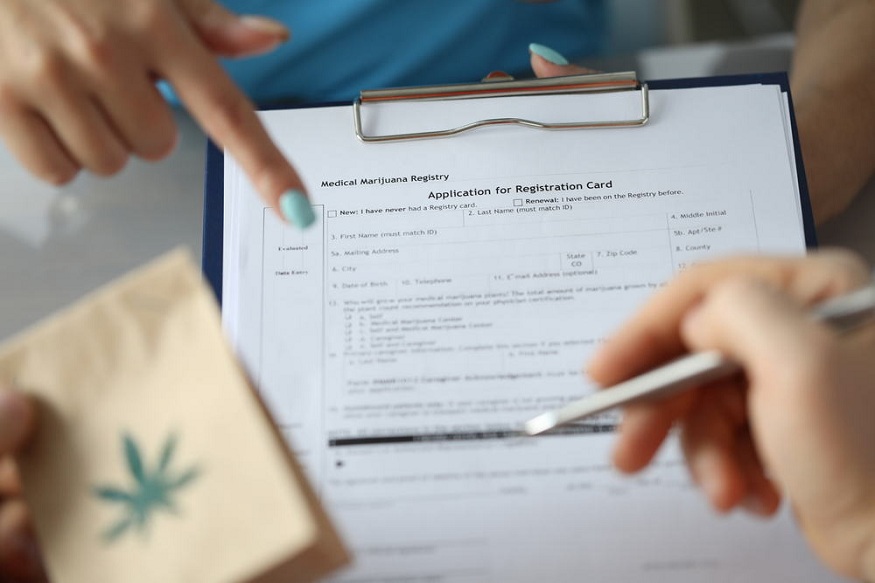You are probably familiar with the wisdom that says you shouldn’t believe everything you read online. It certainly applies to all things medical cannabis. For some reason – be it ignorance, poor writing skills, or click-bait tactics – blog posts and article headlines can be quite misleading. For example, do not believe headlines suggesting you can get a medical cannabis card from your doctor. You cannot.
Doctors do not issue medical cannabis cards. Nor do physician assistants, nurse practitioners, orthopedists, or dentists. Medical cannabis cards are the domain of state regulators. The only thing a licensed medical provider can do is recommend medical cannabis as a treatment for your condition. It is ultimately up to your state to decide whether you get a card.
Medical Cannabis Cards in Utah
Utah has one of the most straightforward medical cannabis laws in the country. Therefore, they are the perfect example for describing how states issue medical cannabis cards. State laws vary, so the details of Utah’s law do not necessarily apply across the board. However, the basic principles do.
In Utah, people wishing to use medical cannabis must be diagnosed with a condition included in the states qualifying conditions list. Commonly approved conditions include chronic pain and PTSD. With a diagnosis in hand, a patient registers with Utah’s electronic verification system (EVS) in order to begin the application process.
Registration is followed by a visit to a doctor, advanced practice nurse, or orthopedist with prescribing authority in Utah. The medical provider determines eligibility and appropriateness and then submits their portion of the application data. The patient pays an application fee and then waits for the state to review the application. Approval generally takes 15 days or less. If approved, the patient receives their medical cannabis card via email.
Other states use a similar process with slight variations in the details. The main point is this: medical providers in every state merely offer a recommendation. They do not issue medical cannabis cards. They also do not make any determination as to eligibility. They simply confirm that a patient has a qualifying medical condition, and that medical cannabis is appropriate for treating said condition.
They Do Not Write Prescriptions Either
Another area of confusion is whether doctors write marijuana prescriptions. Again, do not believe everything you read. Doctors do not, and cannot, write medical marijuana prescriptions by the letter of the law. In some states, like Florida, they do provide specific recommendations in terms of dosage and delivery method, but recommendations are just that.
Doctors cannot write marijuana prescriptions because marijuana is still a Schedule I controlled substance at the federal level. It is not recognized by federal regulators as having any medicinal value. Therefore, prescriptions are off the table.
No Prescriptions Equals Medical Cannabis Cards
If you stop and think about it, the inability of doctors to legally write prescriptions is exactly why medical cannabis cards are necessary. Let us go back to Utah for an explanation.
The staff at Salt Lake City’s Beehive Farmacy medical cannabis dispensary need some sort of documentation before they can sell products to customers. If they were a traditional pharmacy, a doctor’s written prescription would meet documentation requirements. But Beehive Farmacy doesn’t accept prescriptions. They need medical cannabis cards.
Next time you read a headline suggesting you can get a medical cannabis card from a doctor, ignore it. If you still want to read the post, at least do so with an ounce of skepticism. Doctors do not issue medical cannabis cards. That is the domain of state regulators. Doctors can only recommend cannabis.


